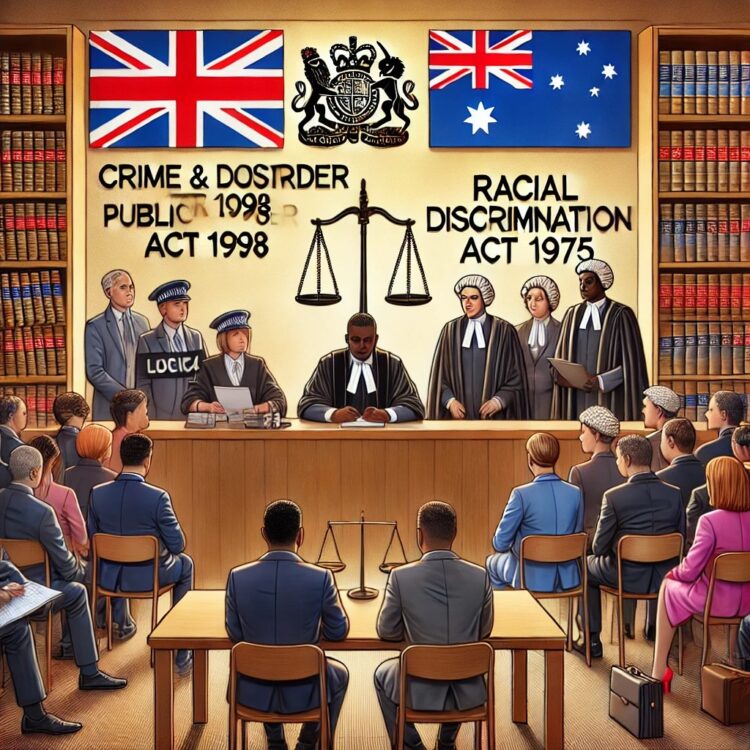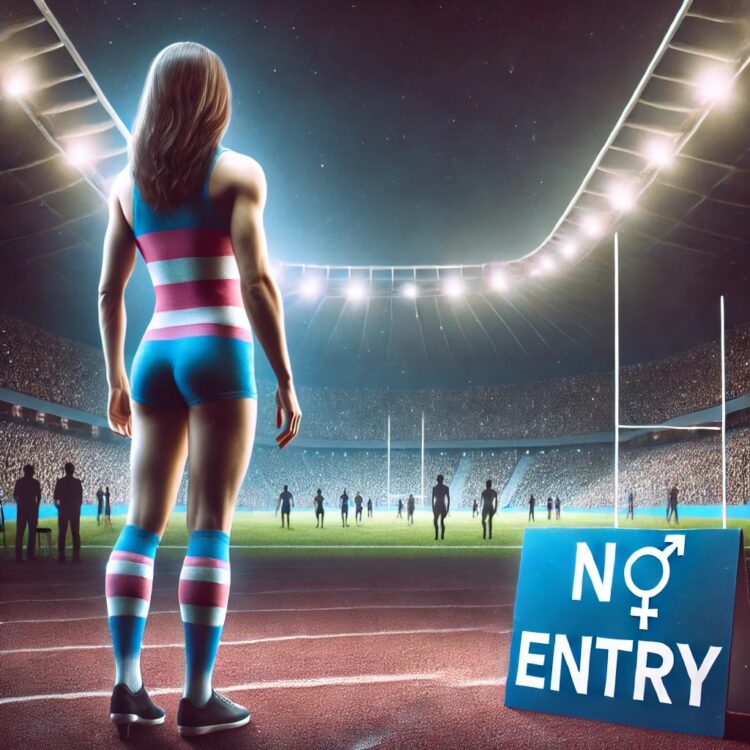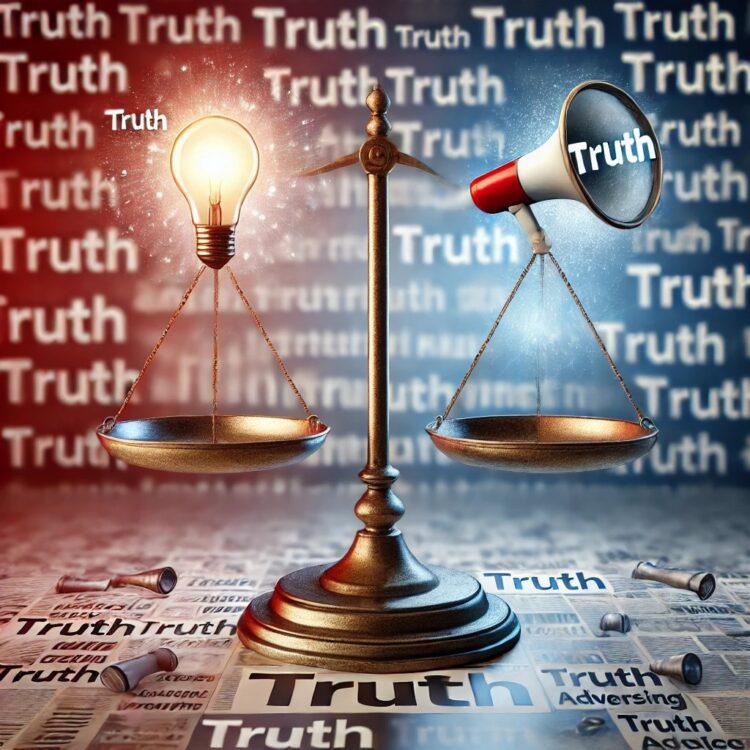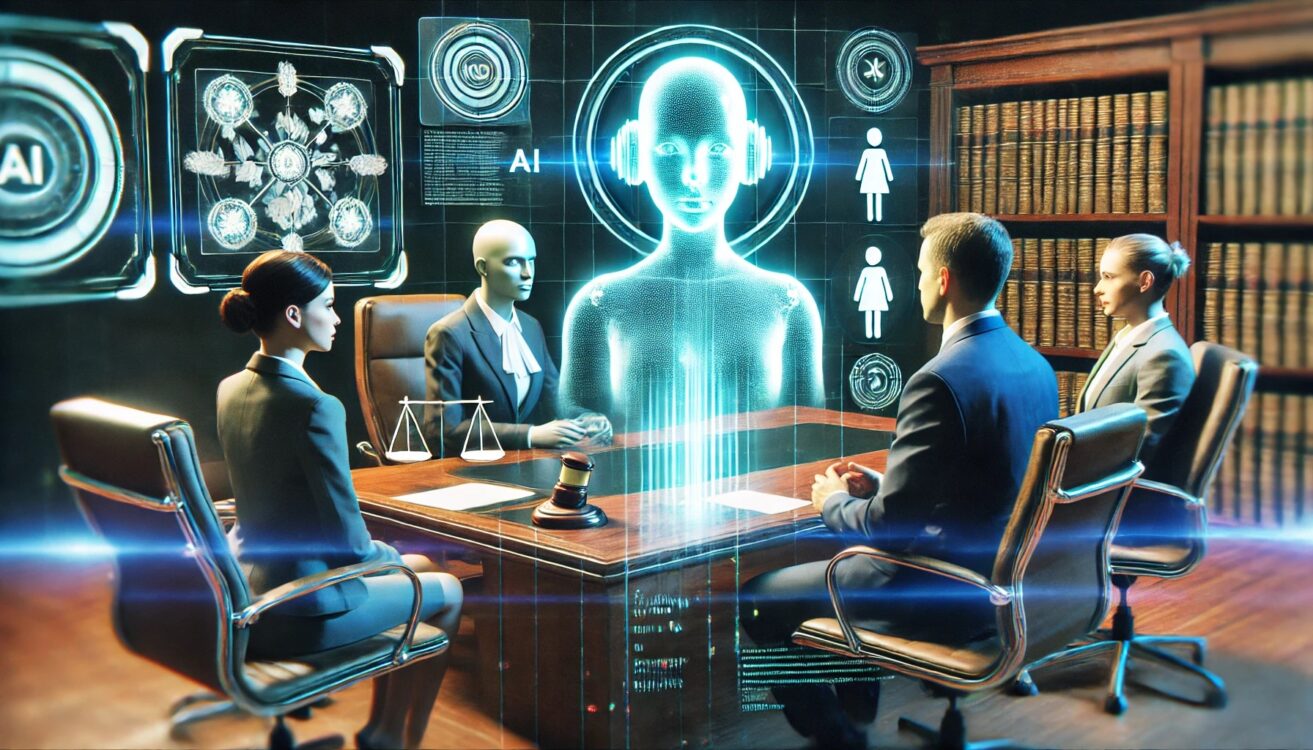Legal Ramifications of Breaching Student Visa Conditions in Australia
In a recent case at Adelaide Airport, an international student had his visa cancelled after authorities discovered he had been working up to 60 hours per week, far exceeding the legally permitted 48 hours per fortnight for student visa holders. This incident highlights the serious consequences of failing to adhere to visa conditions in Australia. […]
Read MorePolice Overreach and the Tragic Consequences of Excessive Force: The Clare Nowland Case
The role of the police is to protect and serve the community, ensuring safety and upholding the law. However, when law enforcement oversteps its boundaries and uses excessive force, the consequences can be devastating, even fatal. Cases of police overreach, particularly involving vulnerable individuals, highlight the urgent need for greater accountability, better training, and stricter […]
Read MoreThe Consequences of Deepfake Pornography on Victims and Legal Ramifications for Perpetrators
Introduction Deepfake pornography, the non-consensual creation and distribution of digitally manipulated explicit content, has emerged as a significant concern in Australia and globally. The ease with which artificial intelligence (AI) can superimpose a person’s likeness onto pornographic material poses severe ethical, psychological, and legal challenges. This essay explores the consequences of deepfake pornography on victims, […]
Read MoreRacial Discrimination in Australian vs UK Law: Analysing the Sam Kerr Case
The recent trial of Australian footballer Sam Kerr in London has sparked debate about how comments regarding race are treated under the law in different jurisdictions. Kerr has been charged with racially aggravated harassment after allegedly calling a police officer “stupid and white.” The prosecution argues that this remark constitutes racial hostility and should be […]
Read MoreThe War on Trans Athletes: Fairness or Discrimination in Australian Sport?
The participation of transgender athletes in sports has become a focal point of debate in Australia, with discussions intensifying around proposed laws to ban transgender individuals from competing in categories aligning with their gender identity. Such legislative measures carry significant consequences, impacting not only the athletes themselves but also the broader sporting community and societal […]
Read MoreAustralia’s New Anti-Terror and Hate Crime Laws: Effectiveness, Scope, and the Debate on Mandatory Sentencing
In response to a surge in antisemitic attacks, including arson incidents targeting synagogues and childcare centers, the Australian government has enacted stringent anti-terror and hate crime laws. These laws introduce mandatory minimum sentences: six years for terrorism offenses, three years for financing terrorism, and one year for displaying Nazi symbols. Additionally, the legislation criminalizes advocating […]
Read MoreTruth in Political Advertising: A Necessity for Democratic Integrity
In the contemporary political landscape, the integrity of information disseminated during election campaigns is paramount. Political advertising serves as a primary conduit between candidates and the electorate, shaping public perception and influencing voting behaviour. However, the prevalence of misleading or false information in political advertisements poses significant challenges to democratic processes. This essay examines the […]
Read MoreAI-Driven Dispute Resolution (AI-DR) and Its Applicability in Family Dispute Resolution (FDR)
Introduction Artificial Intelligence (AI) is increasingly being integrated into various aspects of legal practice, including dispute resolution. AI-driven dispute resolution (AI-DR) refers to the application of AI in resolving conflicts, leveraging algorithms, data analysis, and machine learning to facilitate negotiations, mediate disputes, and even suggest solutions. While AI-DR has demonstrated success in commercial and civil […]
Read More2025 Perils on the Horizon
The Looming Threats of War, Geoeconomics, and Climate Catastrophe in 2025 In 2025, the global community faces a confluence of challenges that threaten economic stability, social cohesion, and environmental sustainability. Prominent among these are escalating armed conflicts, intensifying geoeconomic confrontations, and the pervasive impacts of climate change. Armed Conflicts and Global Stability The resurgence of […]
Read MoreTrump’s Tariffs and Their Ripple Effect: What It Means for Australia
The recent imposition of tariffs by U.S. President Donald Trump has sent ripples through the global economy, with significant implications for Australia. While these tariffs are primarily directed at Canada, Mexico, and China, the interconnected nature of international trade means that Australia is not insulated from their effects. Impact on the Australian Dollar The Australian […]
Read More








